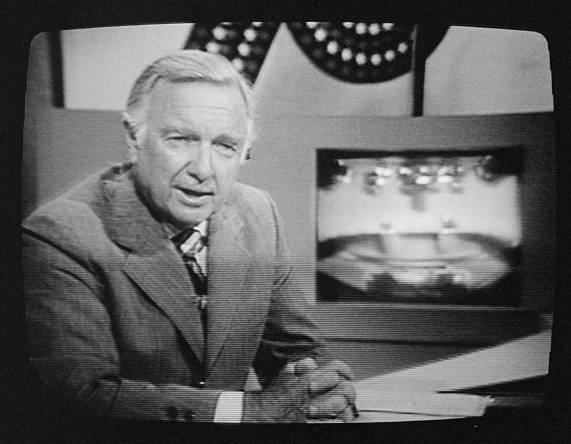Share this article with your network of friends!
For seniors who lived through the turbulent events of the late 1970s, the Iran Hostage Crisis remains a pivotal and unforgettable moment in modern history. Spanning over 444 days, this crisis captured the world’s attention, tested diplomatic relations, and forever altered the course of U.S.-Iranian relations. In this article, we revisit the Iran Hostage Crisis, examining its causes, impact, and enduring significance.
Background and Causes
The Iran Hostage Crisis began on November 4, 1979, when a group of Iranian students stormed the U.S. Embassy in Tehran. Their actions were fueled by deep-seated resentment towards the United States, stemming from decades of perceived interference in Iranian affairs and the longstanding support for the Shah, Mohammad Reza Pahlavi, who had been ousted in the Iranian Revolution earlier that year.
The students demanded that the U.S. government extradite the Shah, who was in the U.S. for medical treatment, to face trial in Iran for alleged crimes committed during his reign. The U.S. government’s refusal to comply with this demand led to the hostage-taking, during which 52 American diplomats and citizens were held captive within the embassy compound.
International Diplomacy and Failed Rescue Attempt
The Iran Hostage Crisis put the United States in a challenging diplomatic predicament. Negotiations to secure the hostages’ release became fraught with difficulty, with attempts at reaching a resolution proving unsuccessful.
In April 1980, an ill-fated rescue mission known as Operation Eagle Claw was undertaken by U.S. military forces. However, the mission encountered numerous obstacles and ended in disaster when a helicopter collision resulted in the death of eight servicemen. This failed attempt further heightened tensions between the two nations and increased the resolve of the hostage-takers.
End of the Crisis and Aftermath
The Iran Hostage Crisis finally came to an end on January 20, 1981, when the hostages were released on the day of President Ronald Reagan’s inauguration. The release was secured through a diplomatic agreement that involved the unfreezing of Iranian assets and assurances from the U.S. that it would not interfere in Iran’s internal affairs.
The crisis had a profound impact on U.S.-Iranian relations, severing diplomatic ties between the two nations. The United States implemented economic sanctions against Iran and labeled it a state sponsor of terrorism. The rupture in relations and mistrust lingered for decades, shaping subsequent events in the region and influencing international policies.
Enduring Significance
The Iran Hostage Crisis remains a symbol of the complexities of international relations and the unpredictability of world events. Its impact continues to be felt in the region and has had lasting implications on U.S. foreign policy.
The crisis also had profound effects on the hostages themselves, many of whom suffered long-term psychological and emotional trauma as a result of their captivity. Their bravery and resilience in the face of adversity serve as a testament to the human spirit and the sacrifices made by those who serve their country.
Conclusion
As seniors who lived through the tumultuous events of the Iran Hostage Crisis, you witnessed a moment in history that tested diplomatic relations, sparked international attention, and left a lasting impact on U.S. foreign policy. The crisis remains a stark reminder of the complexities and challenges of global diplomacy, shaping the course of events in the region for years to come.
As we reflect on this historic event, may we remember the resilience of the hostages and the significance of diplomatic engagement in resolving conflicts. The Iran Hostage Crisis serves as a poignant reminder of the enduring consequences of international actions and the importance of striving for peaceful resolutions to complex geopolitical challenges.
DISCLAIMER: This website contains articles for informational and entertainment purposes only. No articles on this website should be considered as professional advice for any medical, legal, or financial matter. Advertisements and content may contain affiliate links, where the website earns a commission for sales derived from our users.





